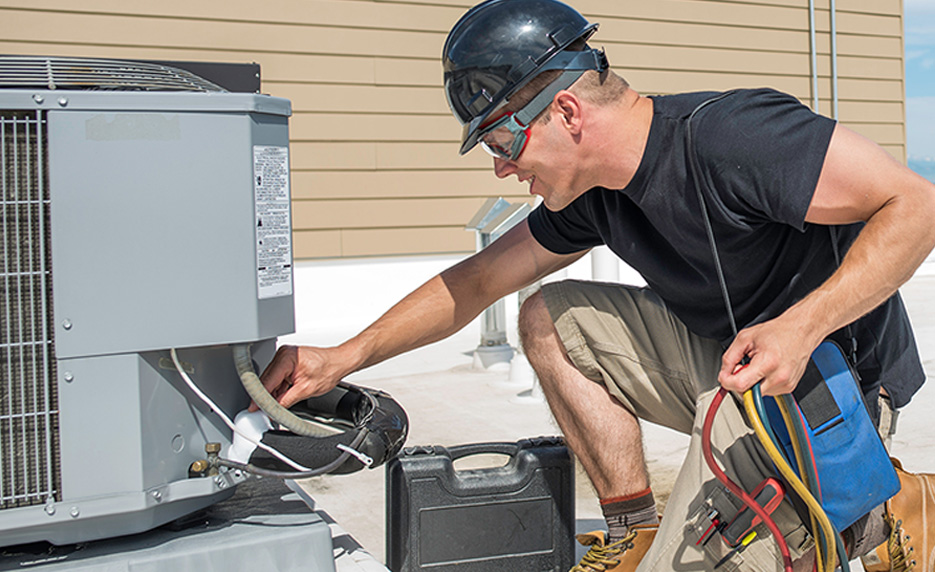When your HVAC system starts acting up, it’s natural to wonder about the cost of repairs. HVAC (Heating, Ventilation, and Air Conditioning) systems are complex, comprising various components that work together to regulate indoor temperatures. Understanding the factors influencing HVAC repair costs can help you make informed decisions and manage your budget effectively.
Type of Repair Needed
- The first factor that influences HVAC repair costs is the type of repair required. Minor issues like a clogged filter or a malfunctioning thermostat may cost less to fix compared to major problems such as a faulty compressor or a refrigerant leak. The complexity and time required to diagnose and repair the issue directly impact the overall cost.
Age and Condition of the System
- Older HVAC systems are more prone to breakdowns due to wear and tear. If your system is nearing the end of its expected lifespan, repairs may become more frequent and costly. Additionally, the condition of the system, including how well it has been maintained over the years, can affect repair costs. Regular maintenance can prolong the life of your HVAC system and reduce the likelihood of expensive repairs.
Parts and Components
- The cost of HVAC repairs also depends on the specific parts and components that need to be replaced. For example, replacing a blower motor or a compressor can be more expensive than replacing a thermostat or a capacitor. The brand and quality of replacement parts can also impact costs. Thus, it’s essential to work with a reputable HVAC service in St. Louis, or elsewhere, who use high-quality parts to ensure the longevity of your repairs.
Labor Costs
- HVAC repair costs include labor charges for diagnosing the problem, conducting repairs, and testing the system. The experience and expertise of the HVAC technician can influence labor costs. Highly skilled technicians may charge higher rates but can often complete repairs more efficiently, saving you time and money in the long run.
Emergency Repairs
- Emergency HVAC repairs, especially during extreme weather conditions, may incur additional costs. HVAC companies may charge higher rates for after-hours or weekend repairs. It’s advisable to schedule regular maintenance to prevent unexpected breakdowns and minimize the need for emergency repairs.
Location and Market Rates
- HVAC repair costs can vary based on your location and local market rates. Urban areas with higher living costs may have higher HVAC repair rates compared to rural areas. It’s recommended to obtain quotes from multiple HVAC companies to compare prices and services before making a decision.
Warranty Coverage
- If your HVAC system is still under warranty, some repair costs may be covered, depending on the terms and conditions of the warranty. It’s essential to review your warranty documentation and work with authorized service providers to ensure that repairs comply with warranty requirements.
Preventive Maintenance
- Investing in preventive maintenance can help reduce the frequency and costs of HVAC repairs. Regular inspections, cleaning, and tune-ups can identify potential issues early and address them before they escalate into major problems. HVAC service agreements often include preventive maintenance services, providing peace of mind and long-term cost savings.
In conclusion, HVAC repair costs can vary widely depending on the type of repair needed, the age and condition of the system, specific parts and components, labor charges, emergency repairs, location, warranty coverage, and preventive maintenance efforts. By understanding these factors and working with reputable HVAC professionals, you can effectively manage HVAC repair costs while ensuring optimal performance and comfort in your home or business.




